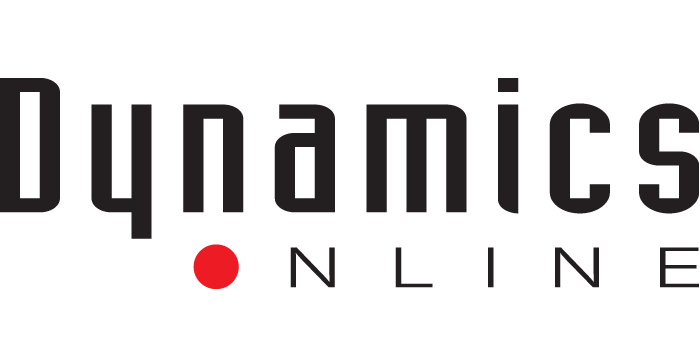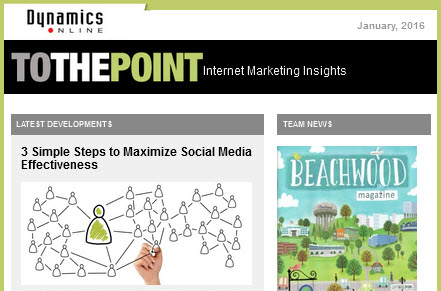Facebook Introduces Graph Search
 For the past week Facebook has been stealing a page out of Apple’s playbook: creating tons of hype over a new roll-out. And everybody who’s anybody in social media – and people like me who aren’t – has been hypothesizing about Facebook’s big announcement. All signs seemed to point toward a new development regarding search.
For the past week Facebook has been stealing a page out of Apple’s playbook: creating tons of hype over a new roll-out. And everybody who’s anybody in social media – and people like me who aren’t – has been hypothesizing about Facebook’s big announcement. All signs seemed to point toward a new development regarding search.
Well, those signs were right. Facebook has officially rolled out a smarter, more personalized social search engine.
Three Ways to Get Information
Zuckerberg opened his announcement by explaining there are three different ways to get information on Facebook:
- News Feed
- Timeline
- Graph Search
The news feed tells you what is going on in the world around you.
Timeline is there to learn about people and brands.
The third way, and what the announcement was all about, is Graph Search.
This is not Web search, as Zuckerberg emphasized; it shows private information that can’t be found via normal search engines with social data as the primary directive. It provides users a way to search all of Facebook’s content for queries tailored specifically to your profile, pulling heavily from “Likes” and other connections. Search will also include Instagram results.
Initially, results will only incorporate people, photos, places and interests – posts and other items are in the works.
Essentially, graph search is being launched in direct competition to Yelp, Foursquare and, more importantly, Google.
How Graph Search Threatens Yelp and Foursquare
Facebook is now searchable among already-established friends and voices of authority – voices of authority in this case being literally anyone you’re connected to. These people have direct influence over the information you’re provided on the Facebook platform.
Case in point: most users would be more apt to try out a new restaurant if they saw on Facebook that a friend liked it. Yelp and Foursquare incorporate social features, but they integrate from other social platforms. By introducing Graph Search, Facebook eliminates the middle man.
In addition, this also implies that the user can then reach out to a friend directly and ask for feedback on their interest.
Our Key takeaway: graph search is a huge boon to local businesses. If you’re not already on Facebook as a local business, get on it. Now.
And while this doesn’t make Yelp or Foursquare irrelevant, it definitely puts pressure on them to evolve. And quickly.
How Graph Search Threatens Google
Facebook has made a clever ploy in that the social graph now brings search over to their turf where they can play by their own rules. This has the potential to make Facebook your default search engine – not Google. When asked a few pointed questions regarding whether or not Facebook approached Google about this new search function, Zuckerberg seemed to get flustered and said that the conversation with the behemoth of search fell apart regarding privacy issues – specifically, that Google didn’t want to remove content if Facebook users wanted it removed.
Cue the awkward silence.
Bing is also closely integrated with Facebook Graph Search – if graph search can’t find it, Facebook will start showing results from Bing.
Who knows: maybe in a few years we’ll be saying, “I don’t know. Why don’t you Facebook it?”
If you’re interested in signing up for the Beta version of Facebook Graph Search, click the link.
Hat tip to:
Facebook, of course
 Jeff Hirz is the Social Media and Content Marketing Manager at Dynamics Online.
Jeff Hirz is the Social Media and Content Marketing Manager at Dynamics Online.
You can reach him by calling (216) 292-4410.


